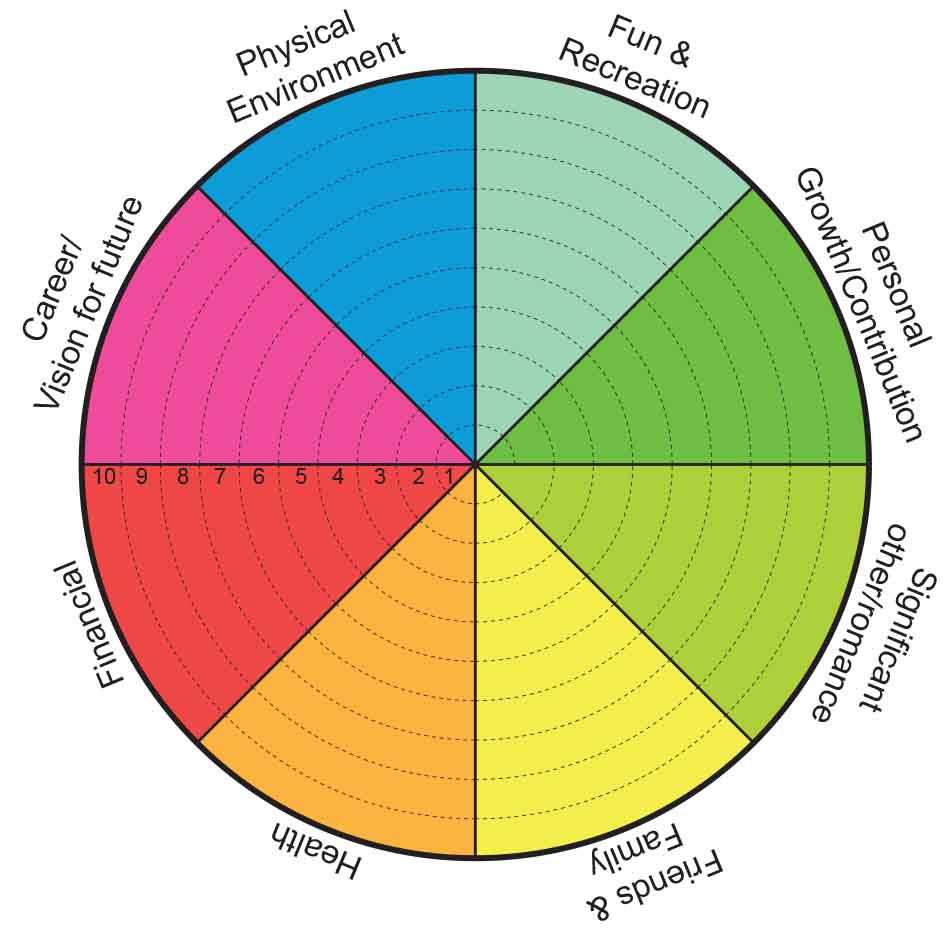
As employers close offices in an effort to prevent the spread of COVID-19, here’s advice for how to work from home more effectively during this time.
With people now under social isolation in an effort to slow the spread of coronavirus, employers are struggling with the new reality of establishing protocols for working from home. Productive home workers will be necessary to keep the economy going as companies strive to maintain business continuity. And, staying engaged with daily work could be an important source of stimulation for isolated individuals. But the lightning-quick transition to a remote-work economy will not be easy for everyone.
Even for people like myself who have worked from home for many years, there is the challenge of no longer having the house to myself and having to share resources with other family members working from home. The first thing to recognise is that work itself may well feel different than before. You may have children or other family members at home that require attention. They might be worried about their health, the health of their parents and grandparents, or the security of their income. If they’re confined to their home, they might feel restless or frustrated.
Business leaders need to recognise that their employees are going through a lot. It isn’t just work as usual but done from home, it’s work carried out within the home environment which normally isn’t an environment conducive to working with its many distractions. Throughout this sudden transition, psychological studies offer insights on how to work from home, both for first-time and experienced remote workers juggling new demands.
Here are tips to help you work from home effectively while social isolation measures remain in effect.
Minimise distractions
Start by choosing a workspace separated from household noises and activity if possible, ideally a room with a door you can close. Next, work to mentally distance yourself from those disturbances so you can fully engage with work tasks. Communicate to family members that this is work time and as such they should treat it like any normal day at the office and to as far as possible avoid interruption.
Of course, the stress around the Covid-19 can make it tough to stay focused. Creating news-free times to disconnect from the crisis and recharge, for instance by reading a book or taking a walk outside (your once a day exercise). You might also spend a few minutes at the start of each day thinking about why the work you’re doing matters to your clients, co-workers and your organisation.
For those juggling work and childcare responsibilities, it is always best to have a conversation with colleagues so you can best arrange your day when distractions are minimal, such as early mornings or late evenings, to do your most important work, and coordinating with a spouse or partner on childcare duties when possible.
Set outcomes and boundaries
Set daily outcomes for actions you wish to accomplish or project milestones to reach, working through your outcomes with your organisation when needed. Consider sharing those outcomes with co-workers or family members to help you focus. Making public commitments to others about what you will accomplish that day helps hold you accountable.
Studies have shown that remote workers experience a blurring of boundaries between their home and work lives. When you’re working from an office, there’s a natural start and stop time. It’s important to have similar boundaries and routines when working from home. Routine is key, aim to stick to the same schedule each day and if possible, stop checking messages and email when your workday ends (a good practice to keep when things return to normal).
Make a communication plan
Both the organisation and the employees should communicate what the expectations and any difficulties that may arise are. If you’re having trouble executing tasks because of technology or equipment issues you should communicate this to your manager/boss straight away so that everyone is aware of the situation. Not communicating may give the impression you aren’t working productively. One of the most often overlooked aspects for business leaders and managers living in this new world of working from home, is that they do not work out specific arrangements for when and how communication will continue to flow. If you’re sharing information, reports or analyses, email may be the best way to correspond. But if you’re working with a team to make sense of complex shared information, schedule a phone call or video conference to discuss. For some leaving the video link running might help with both communicating and giving the illusion of a “normal“ workplace, especially if you are use to bouncing ideas off others.
Seek social connection
When working from home, people can experience social and professional isolation compared with employees who work in a company office. Those feelings of loneliness will likely be worse now, as “social distancing” measures cut workers off from their in-person social support systems outside of work as well.
“Staying connected to other co-workers, managers and customers is therefore paramount. While it might be tempting to think of yourself as an island working from home, we need to provide a social and professional support system to each other so that the social fabric that occurs in the corporate workplace is replicated as much as possible when working remotely.
Managers might provide opportunities for informal conversation during phone or video conferences so employees can continue to build healthy and supportive relationships. A company may also create a designated online messaging space for coronavirus-related and other chatter, including news and office updates, personal stories and requests for supplies or guidance.
I do hope this proves useful. Should you wish to talk through any challenges you face, please drop me a line.






